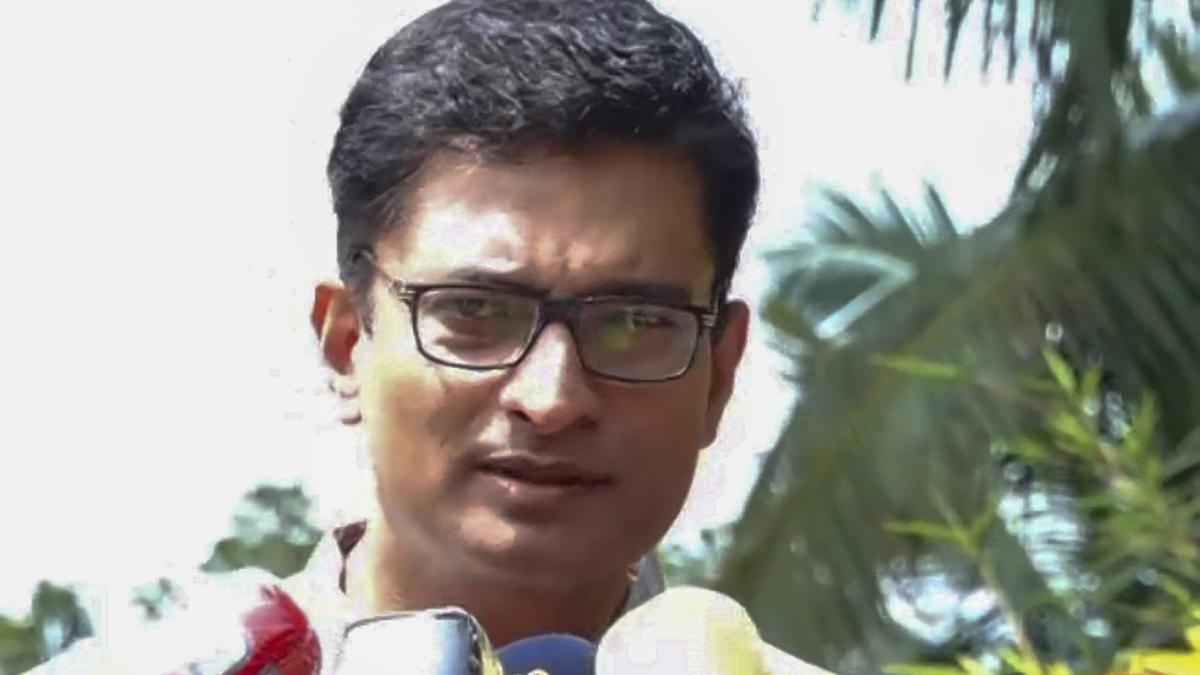Last Updated:
PM Modi highlighted UCC’s significance by referencing the Constituent Assembly’s deliberations
PM Narendra Modi elaborated on how the government to is helping citizens lead a better life. (PTI File)
Prime Minister Narendra Modi on Saturday on Saturday invoked the Uniform Civil Code (UCC) and asserted that Dr BR Ambedkar, who was the chairman of the drafting committee of the Indian Constitution, was in favour of the implementation of the UCC.
While replying to the debate on 75 years of the adoption of the Indian Constitution in Lok Sabha, PM Modi highlighted UCC’s significance by referencing the Constituent Assembly’s deliberations. He also brought attention to KM Munshi’s statement about the UCC’s importance for the unity of India.
Read More: ‘Nehru Advocated For Altering Constitution If…’: PM Modi’s Big Charge In Parliament
He said that the Constituent Assembly wanted the Uniform Civil Code to be implemented in the country by an elected government and that BR Ambedkar strongly advocated UCC for all religions as he was against religious personal laws.
“Uniform Civil Code – this topic was not beyond the attention of the Constituent Assembly. The Constituent Assembly discussed UCC at length and after the debate, they decided that it would be good if whichever government gets elected takes a decision on it and implements UCC in the country…” he said in the Lok Sabha.
He further pointed out that the Supreme Court had also called for the introduction of a UCC. He said that his government is working towards a Secular Civil Code.
“Dr BR Ambedkar was in favour of UCC. He strongly advocated for the abolition of personal laws based on religious grounds. The Supreme Court has also repeatedly directed the government to take steps toward enacting the UCC. Our focus is on establishing a secular civil code.”
He also slammed the opposition Congress for opposing the UCC. “Congress is disrespecting those who made the Constitution because it does not suit their politics, They should even avoid talking about the Constitution,” PM Modi said
PM Modi further defended the Citizenship Amendment Act (CAA), stating that it was in line with Mahatma Gandhi’s vision, who had once said that India should protect religious minorities in distress from neighbouring countries.
“We brought CAA to address the suffering of persecuted minorities,” PM Modi affirmed, further stating that his government’s legislative initiatives were in line with the Constitution. The CAA gives citizenship to persecuted religious minorities from Pakistan, Bangladesh and Afghanistan.
A Uniform Civil Code is conceptualised as a set of laws that govern personal matters, including marriage, divorce, adoption, inheritance, and succession, for all citizens regardless of their religion. At present, India’s personal laws are diverse, with different religious groups following their own specific legal frameworks.






